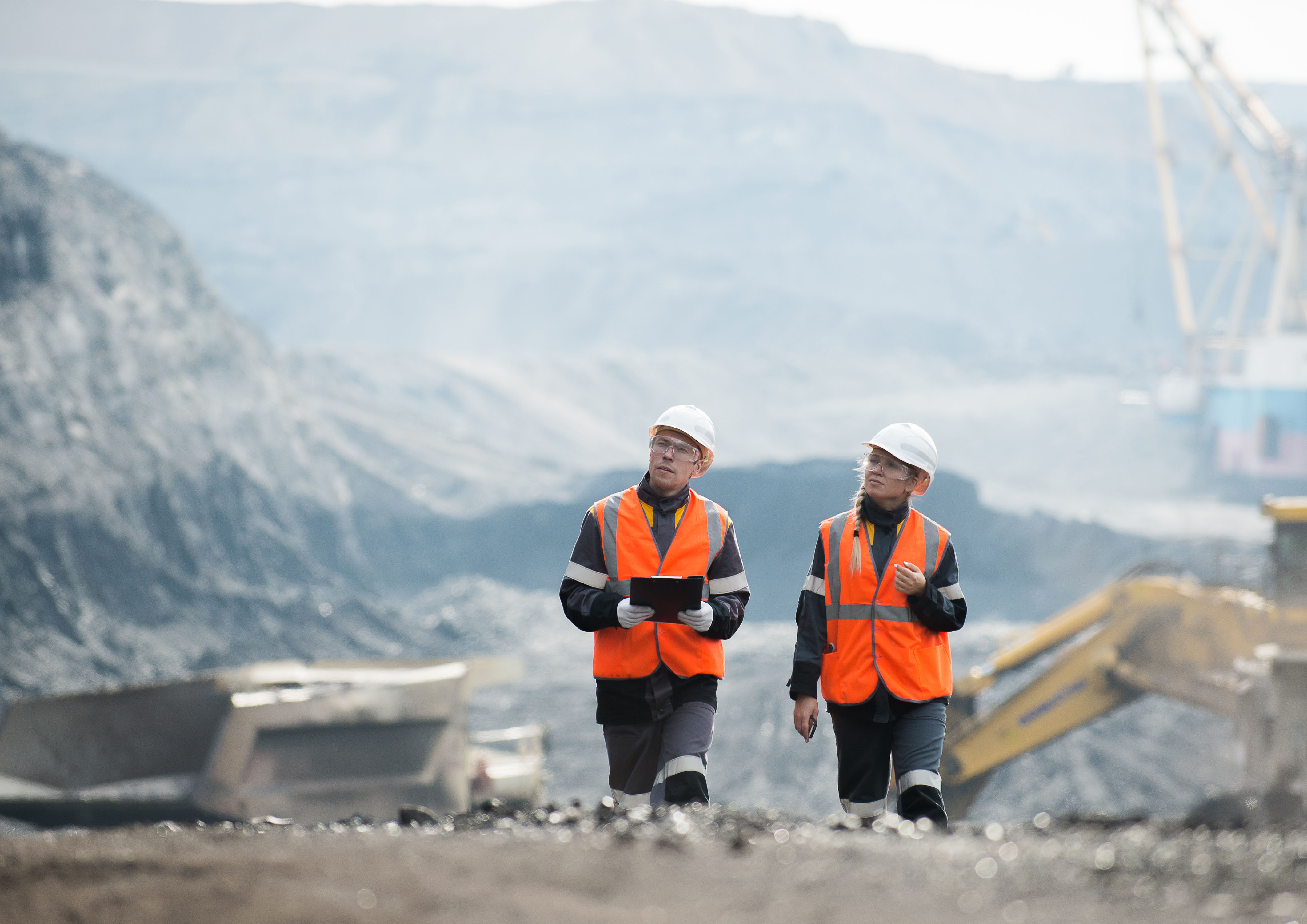Overview of Environmental Engineering Services
Overview of Environmental Engineering Services
Environmental engineering encompasses a wide range of disciplines, from the study of air and water quality to the assessment of hazardous waste management and the development of sustainable energy technologies. It is a blend of common sense, substance, and natural design that assists with creating and keeping up with the climate in a protected and sound condition. Environmental issues like water and air pollution, hazardous waste management, and climate change are all addressed by using environmental engineering services. These services are utilized in the design and development of sustainable development solutions as well as the detection, prevention, and management of environmental issues. The development of best practices for environmental management, the evaluation and assessment of environmental impacts, and the design and implementation of environmental monitoring systems are among these services. They likewise include the improvement of creative innovations for the discovery, counteraction, and control of ecological issues. Environmental engineers also work to reduce environmental impacts and educate the public about environmental issues. They can also give governments, businesses, and communities technical advice on how to reduce their impact on the environment and develop more sustainable practices.

Implications of Environmental Engineering on Sustainable Development
It has had a significant effect on long-term growth. Environmental engineers have been able to reduce the use of fossil fuels, which are a major contributor to greenhouse gas emissions, by utilizing renewable energy sources like wind and solar power. In addition to reducing the number of pollutants that are released into the atmosphere, waste management systems assist in reducing the amount of waste that is sent to landfills and incinerators. Contamination control frameworks help to decrease how much poison enters our air and water, which can fundamentally affect general wellbeing.
Additionally, environmental engineering has contributed to a reduction in the amount of energy required for product and service production. Environmental engineers have contributed to cost and energy savings by utilizing energy-efficient technologies like LED lighting and appliances. In turn, this has contributed to a decrease in atmospheric emissions of greenhouse gases. Finally, by promoting green infrastructure like green roofs and urban gardens, environmental engineers have contributed to the development of sustainable communities. These green foundation projects diminish how much energy and assets are expected to maintain a city's framework, while likewise providing a lovely and solid climate for its residents.

Key Services Provided by Environmental Engineers
Environmental engineers offer a variety of services that aid in environmental protection and enhancement. These administrations incorporate planning and assessing frameworks that safeguard air, water, and soil quality; establishing and overseeing programs for recycling and waste disposal; examining contamination sources and creating plans to decrease natural harm; creating systems for capturing and treating contaminated water; preparing plans for environmental management and environmental impact assessments; and implementing programs for environmental monitoring and auditing. Natural specialists additionally work with networks to foster methodologies for an economical turn of events, including environmental rebuilding and the protection of normal assets. In addition, they create models to evaluate risk and the potential for environmental damage and design and develop systems for collecting and interpreting environmental data, such as air and water quality monitoring. In addition, they develop strategies for complying with environmental regulations, such as those pertaining to air and water pollution, and provide education and training on environmental issues and regulations.

Challenges Faced in Environmental Engineering
The management of resources and environmental protection are the two main focuses of environmental engineering. It is a mind boggling and testing field, with many difficulties that should be addressed. Climate change, pollution, waste management, water conservation, air quality, and energy efficiency are the most significant of these obstacles. Environmental change is quite possibly the greatest test confronting our planet today. Extreme weather events like heat waves, droughts, floods, hurricanes, and tornadoes have already been brought on by it, which is causing significant changes to our climate and ecosystems. Sea levels are rising as a result, which may result in further destruction of coastal habitats. Another major environmental problem is pollution. It can be brought on by human activities like burning fossil fuels, disposing of waste from industries and agriculture, and dumping hazardous materials. Contamination can genuinely affect human wellbeing, biological systems, and the climate overall. Environmental engineering presents a challenge in waste management as well. To reduce the number of emissions that can pollute the air and prevent contamination of ground and surface water, waste must be properly disposed of. Additionally, maintaining a sustainable environment necessitates the effective management of resources like energy and water. Last but not least, one significant environmental issue is poor air quality. Unfortunate air quality can contribute to respiratory issues and can be brought about by discharges from production lines, vehicles, and different sources. To address these difficulties, ecological designers should be proficient in an assortment of logical and design disciplines and have the option to create and execute techniques to resolve natural issues.

The Future of Environmental Engineering Services
The eventual fate of ecological design administrations is energizing. Environmental engineers are needed to find solutions to the increasing number of environmental issues that the world faces. The design and implementation of systems to lessen our impact on the environment will require the expertise of environmental engineers, who are well-versed in the science and engineering behind environmental protection. As environmental issues like climate change, air pollution, and water scarcity become more pressing, environmental engineering services will be in high demand in the coming years. Sustainable systems to reduce our use of resources and our impact on the environment will be developed and maintained by environmental engineers. This could entail developing energy-efficient buildings, designing systems that cut down on emissions from factories and power plants, or devising plans for saving water. Natural designers will likewise be in the know regarding the most recent mechanical advances to foster new and imaginative answers for ecological issues. The eventual fate of ecological design administrations is loaded with an open door, and with the right preparation, natural specialists will be strategically situated to have a genuine effect on the world's natural issues.




Comments
Post a Comment